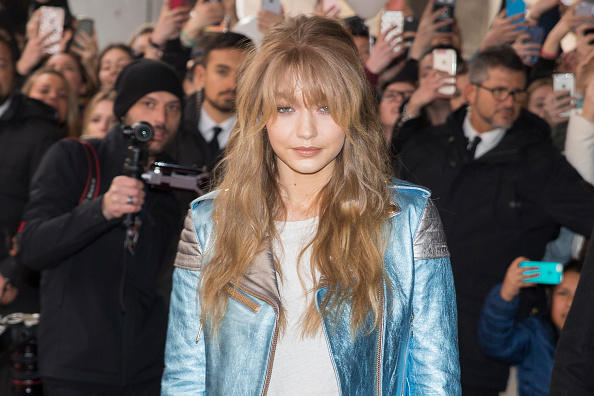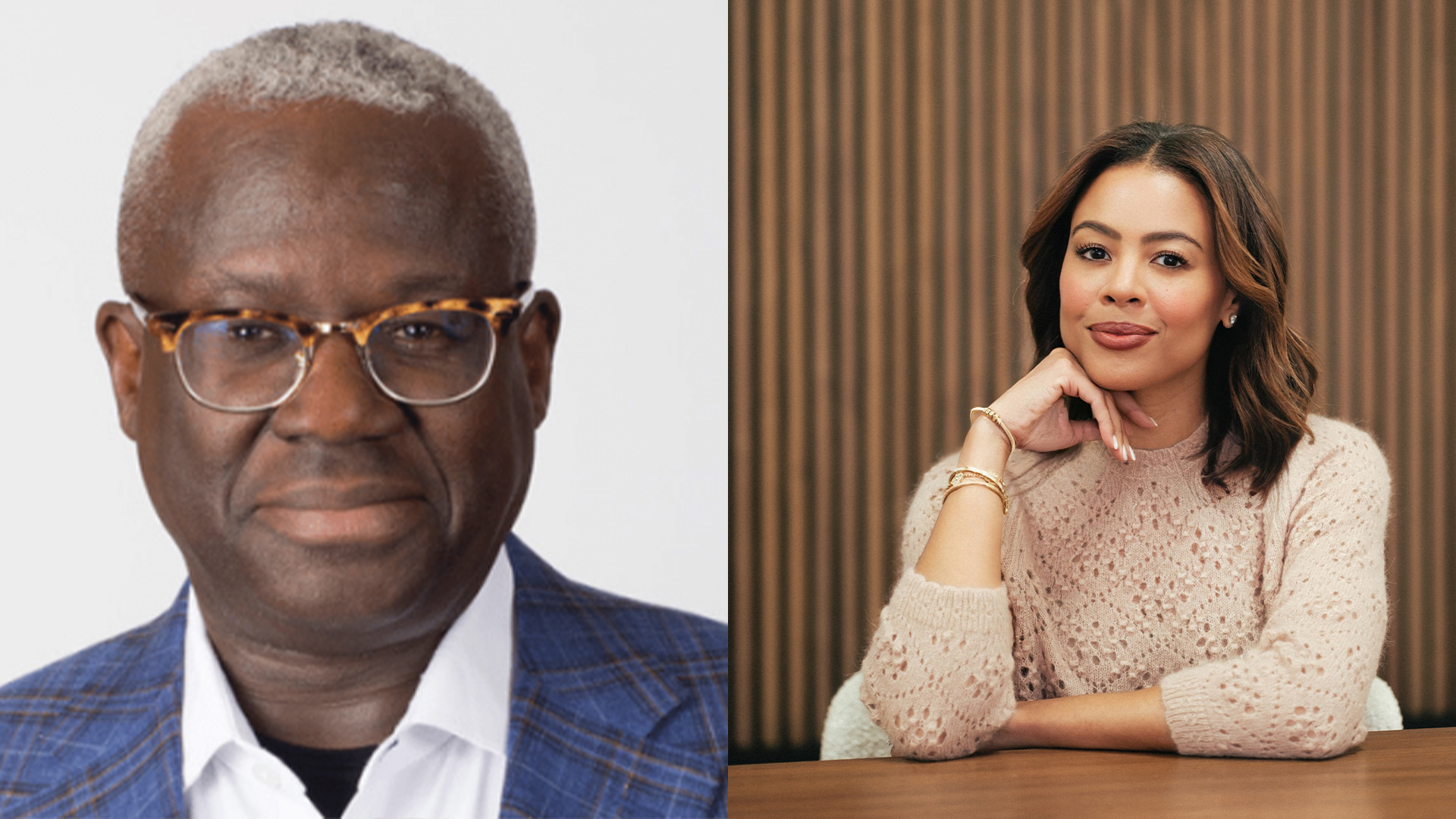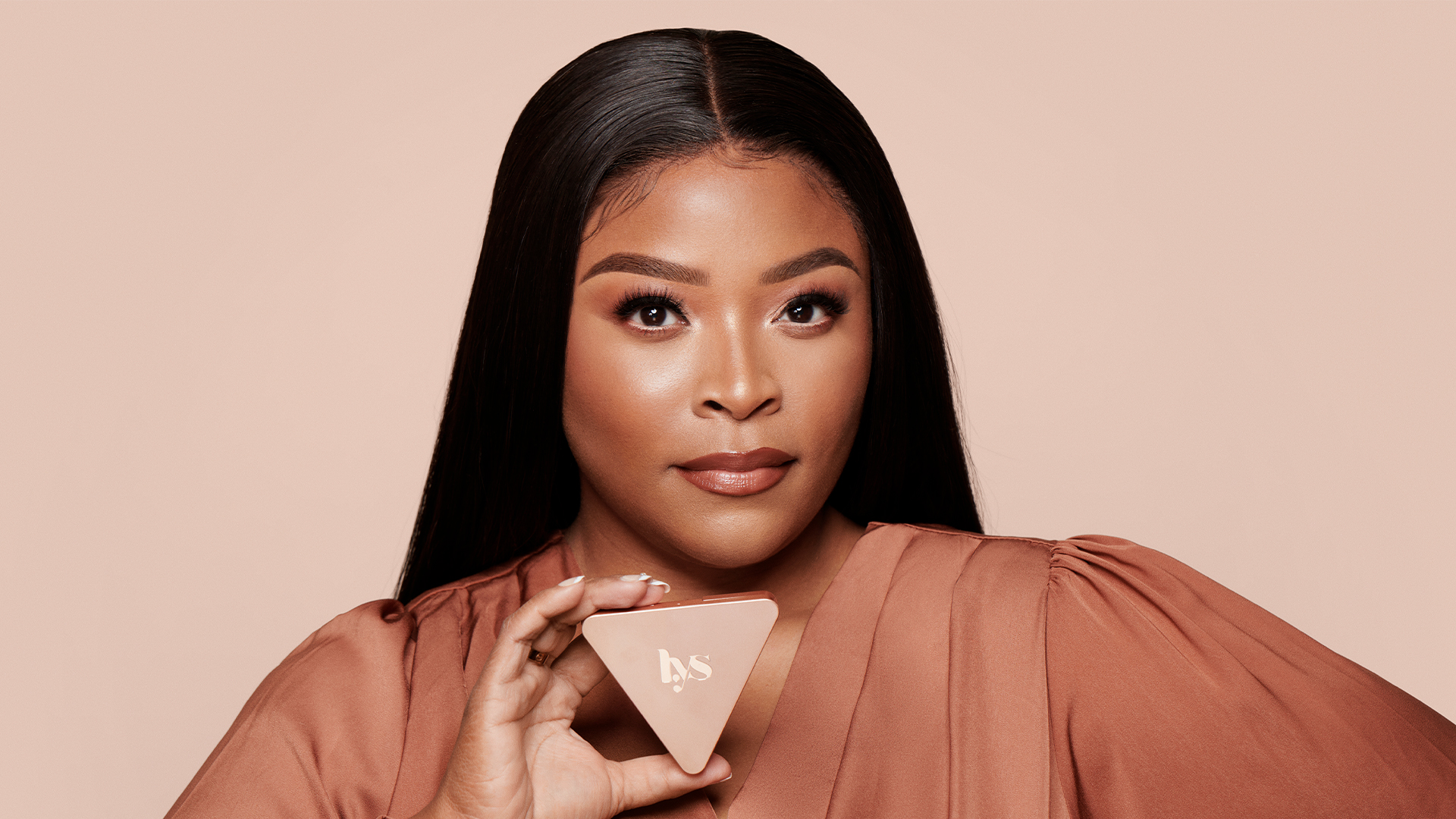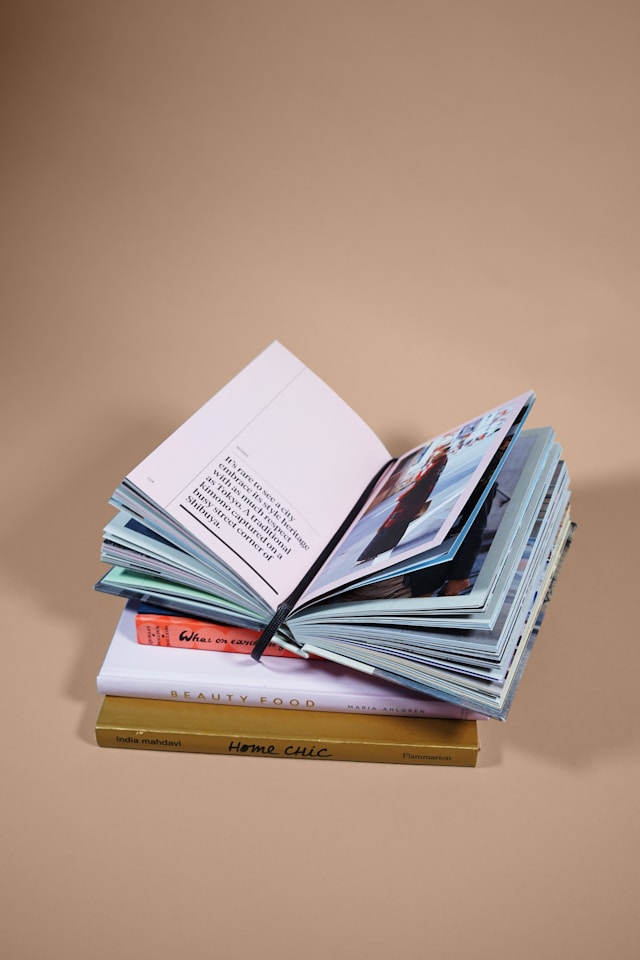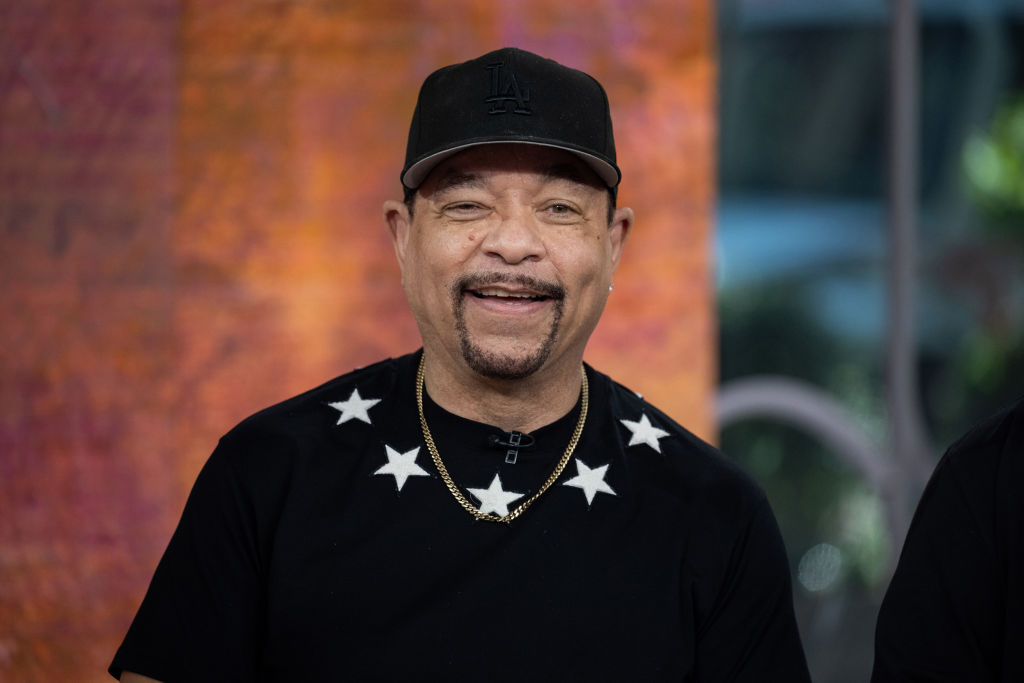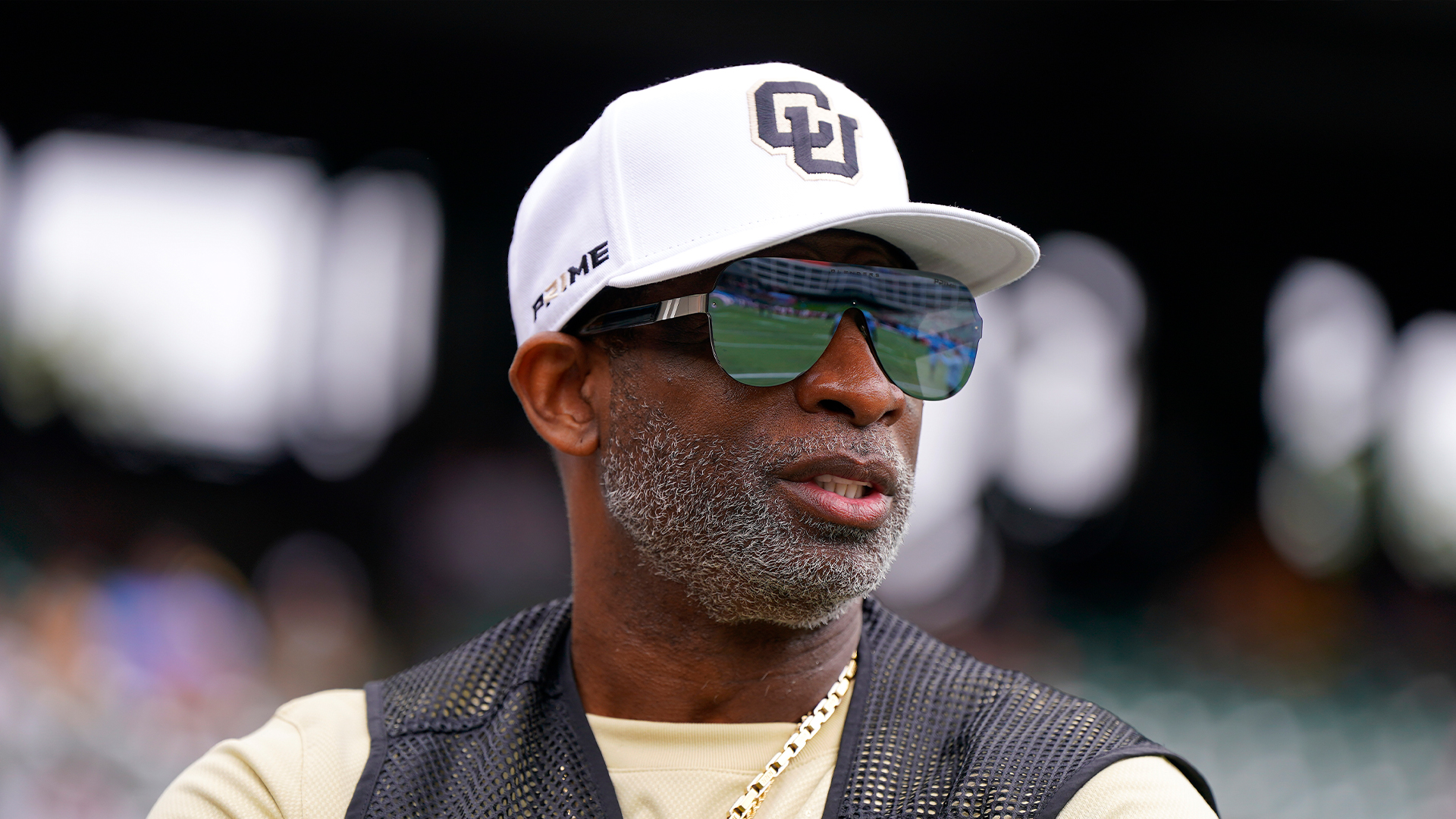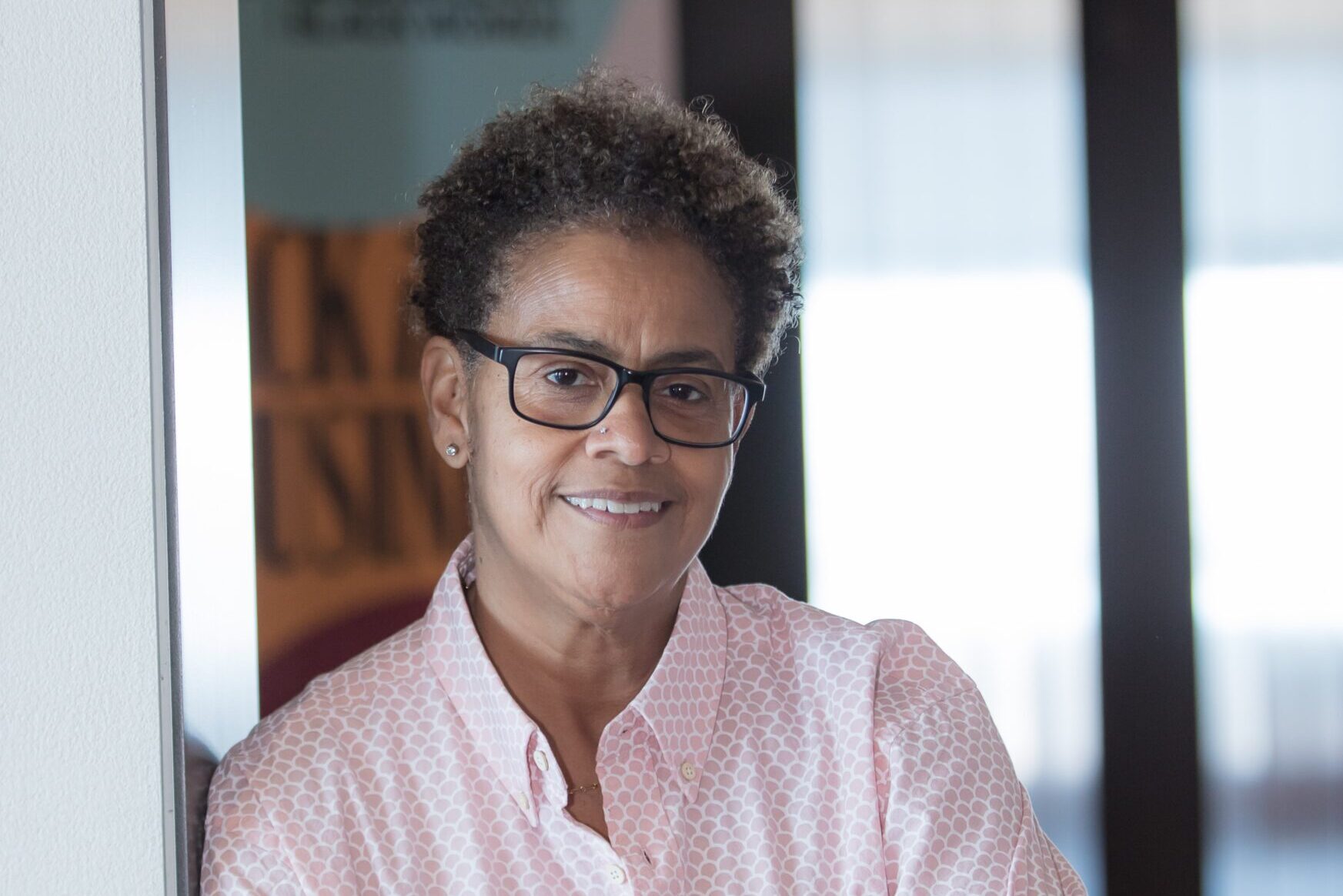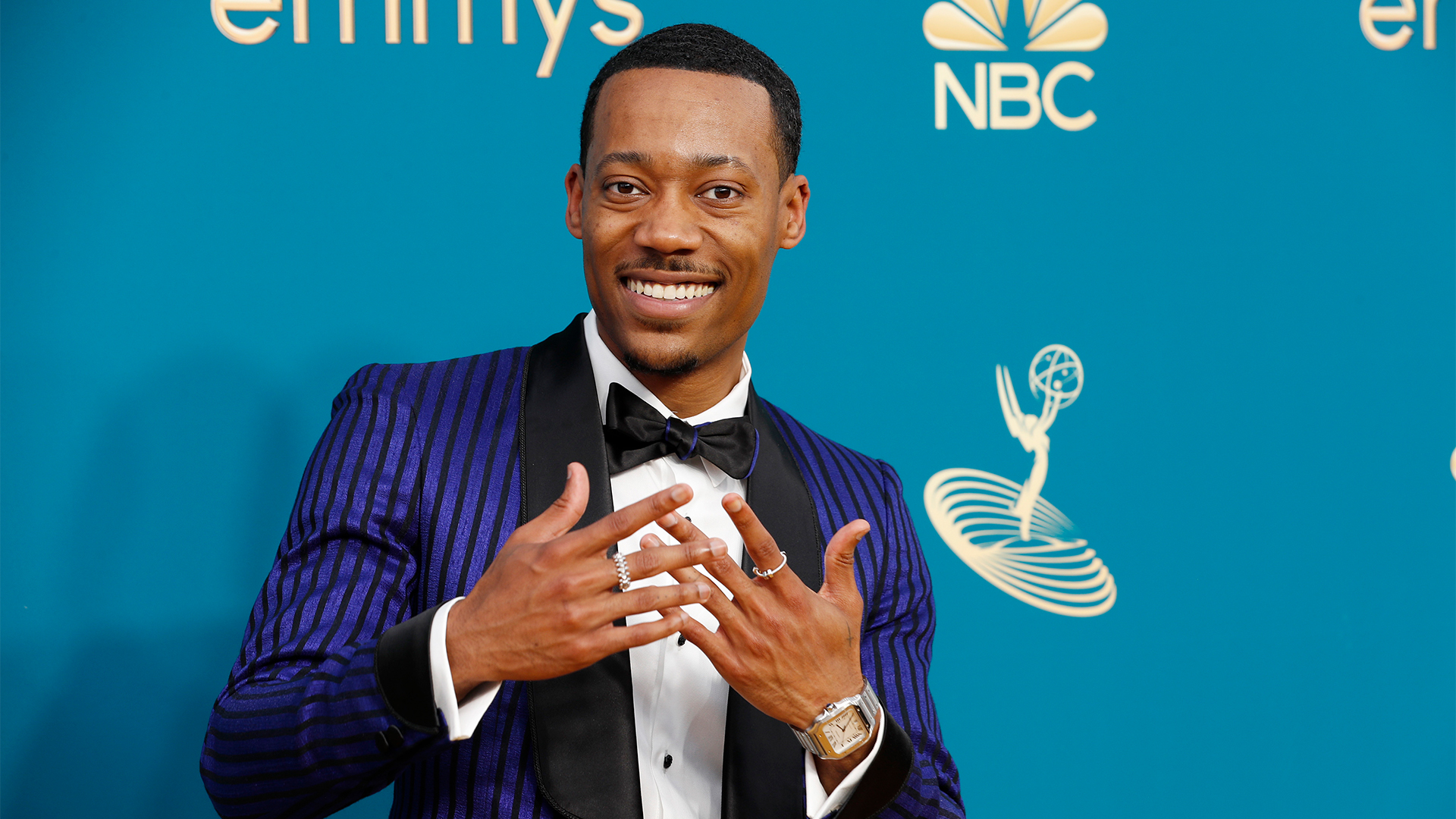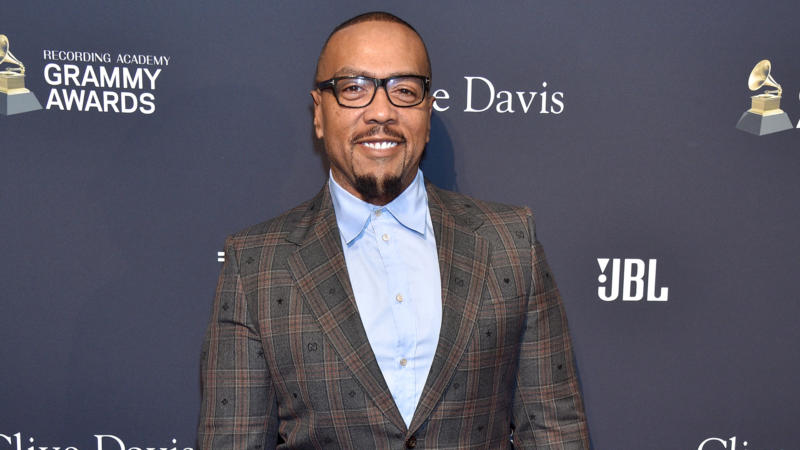As social media expands, it becomes easier to potentially violate copyright laws. The average person doesn’t think of copyright when posting a picture — since most of us are taking selfies or handing the camera off to friends — but it gets more complicated when celebrities are involved.
A copyright infringement lawsuit filed in January of this year could change how celebrities and influencers use platforms like Instagram. The lawsuit comes from Xclusive-Lee, an agency who says that model, Gigi Hadid, posted one of its photos to her Instagram account. The agency claims doing so violates the company’s copyright.
However, Hadid’s team filed a motion to dismiss the lawsuit earlier this month. Her team claims that the model’s post fell under “fair use,” which provides specific circumstances where people can use copyrighted work without permission. Common circumstances include criticism, news reporting, and teaching.
Most notably, Hadid’s team claims that she contributed to the creative elements of the photo because of her smile and outfit. The team added:
“Ms. Hadid merely reposted the photograph to her Instagram page and made no effort to commercially exploit it. Her reposting thus reflected a personal purpose different than the photographer’s purpose in taking the photograph, which was to commercially exploit Ms. Hadid’s popularity.”
Overall, the entire case seems fairly trivial. However, it opens up some questions about how people are permitted to use photos as the social sphere continues to change. Instagram and its influencers didn’t exist when copyright laws were originally written, after all.
It may seem like a stretch to claim that Hadid contributed to the photographer’s creative process. Generally, people don’t think favorably about the paparazzi — so people may be more inclined to take Hadid’s side. However, think about other photographers who are taking pictures of people.
For example, street photographers are known to snap pictures of whoever piques their interest. Generally, if a photographer and their subject are in a public space, it’s hard to legally stop them from doing it. However, if someone snaps a picture of you randomly on the street — do you now own it too? Or would this argument only hold for someone whose “popularity” was what warranted a photographer’s interest?
The paparazzi have previously had issues with how celebrities used their photos before. Last year, Khloé Kardashian responded to a fan asking if she was going to post photos of her “Versace look” with, “Yes!! I have to license some of the images first. A paparazzi sued me in the past for reposting an image of MYSELF.”
Though, it’s important to note that Hadid’s case is not the same since the Kardashian elected to simply began licensing the images rather than argue her right to use them.
Hadid’s case also poses questions about compensation entitlement. With that said, the paparazzi sells their pictures. If you’re involved in the creative process simply by being a subject of the photo, could people then argue that they deserve a cut?
Who knows, but the result of this case will most likely affect other celebrities, influencers, and fan pages before it trickled down to anybody else.
